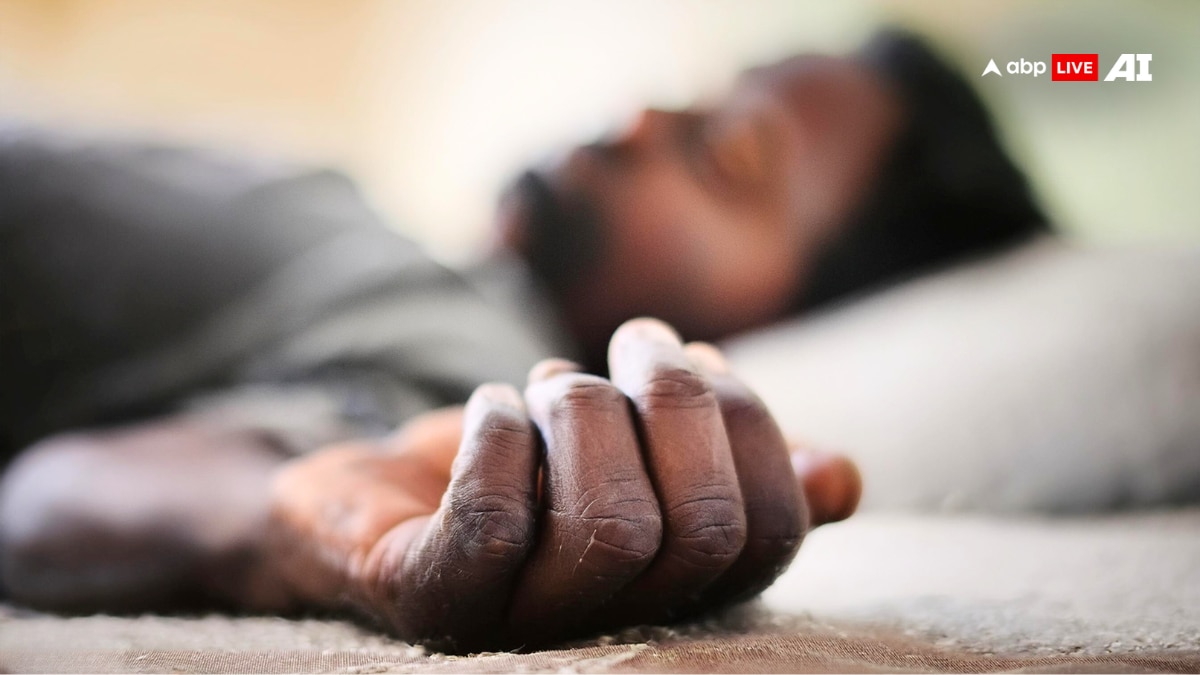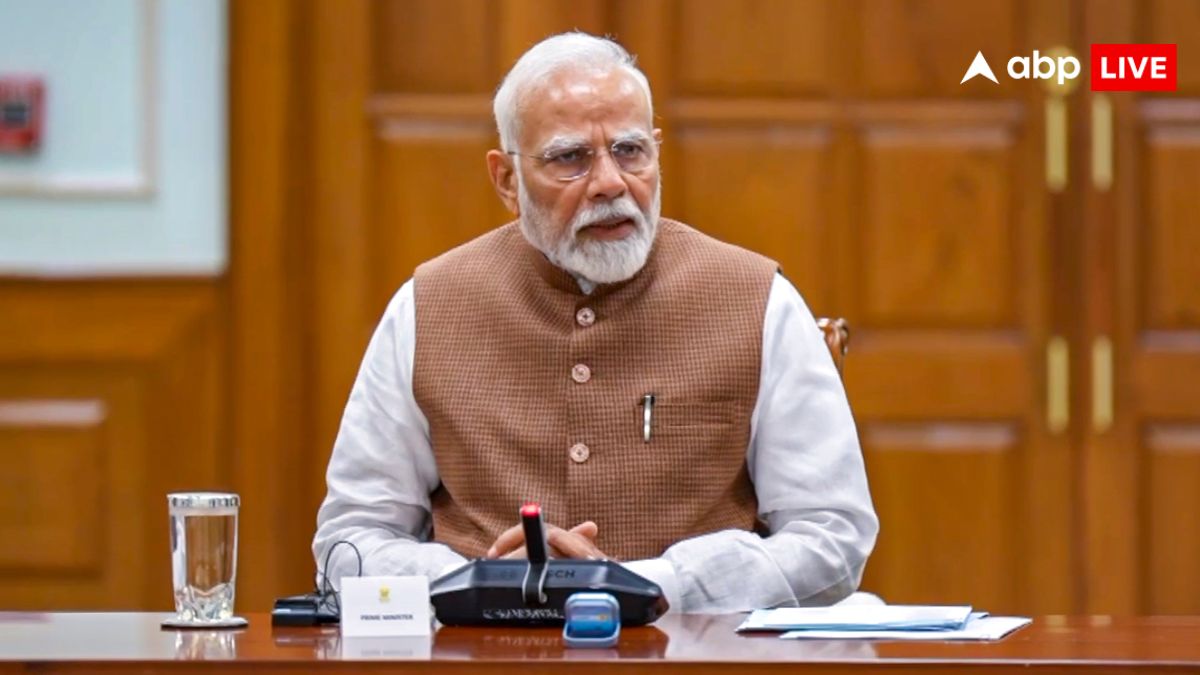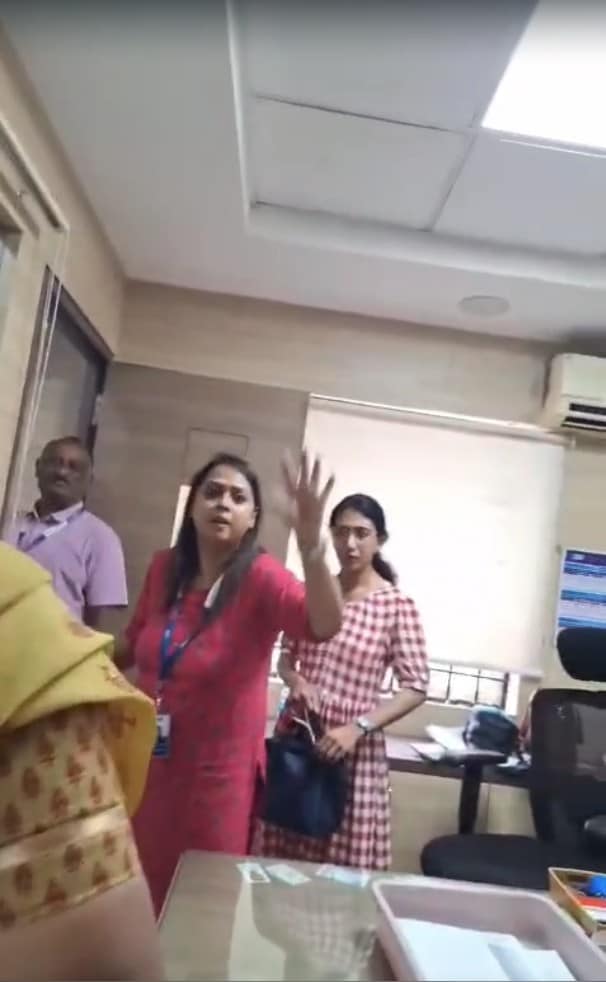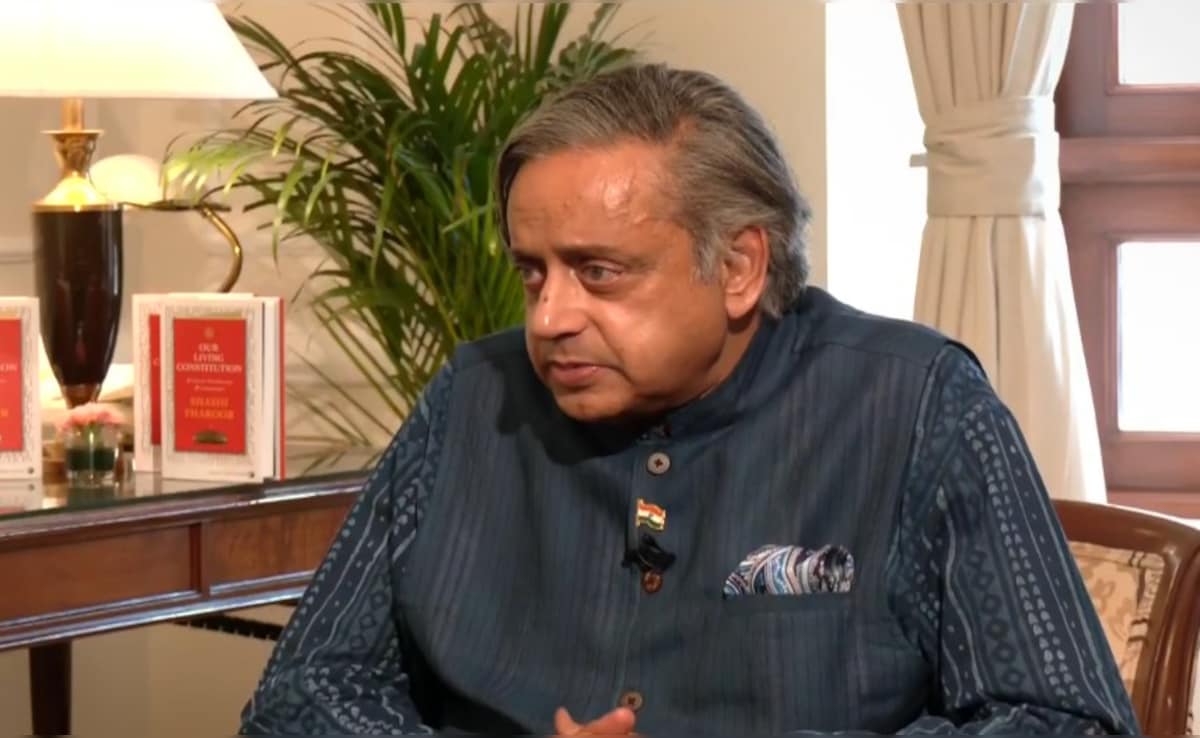There is a presumption of constitutionality in legislation that clears Parliament and courts cannot interfere unless a glaring case is made out, Chief Justice of India BR Gavai told the petitioners challenging the Waqf Amendment Act today.
The bench of Chief Justice Gavai and Justice AG Masih was hearing a bunch of petitions challenging the Waqf Amendment Act, which became a law last month. Earlier, the court had earmarked three issues — Waqf by user, nomination of non-Muslims to Wakf Council and state Waqf Boards and identification of government land under Waqf. The Centre had then assured that it would act upon these counts till the matter was resolved.
When the court met today, Solicitor General Tushar Mehta said that the Centre had filed its response on these three counts. “However, the written submissions of the petitioners now extend to several other issues. My request is to confine it to the three issues only,” he said.
Senior advocates Kapil Sibal and Abhishek Manu Singhvi, appearing for the petitioners, objected to this. “The then CJI (Sanjiv Khanna) said we will hear the case and see what interim relief has to be granted. Now we cannot say confine to three issues.” Mr Singhvi said there cannot be a “piecemeal hearing”.
Mr Sibal said the Act is aimed at capturing Waqf lands. “The law is designed in such a way that Waqf property is taken away without following any process.” He also pointed to the condition that only a person practising Islam for at least five years can create a Waqf. “If I am on my deathbed and I want to make a Waqf, I have to prove that I have been a practising Muslim. This is unconstitutional,” he said.
As Mr Sibal reiterated that the law was aimed at taking over Waqf properties, the Chief Justice said, “There is a presumption of Constitutionality in legislation passed by Parliament. Courts cannot interfere unless a glaring case is made out, especially in the current scenario, we don’t need to say more.”
Mr Sibal said that under the new law, any village panchayat or a private individual can raise a grievance and the property ceases to be Waqf. “The government officer will decide it and will be a judge in his own cause. No questions asked.”
“Please remember that Waqf is about my property. It is only a property owned by someone and it cannot be of the State. Now that very property is taken away,” he said.
Mr Sibal also drew a comparison between mosques and temples. “Under our Constitution, the State cannot possibly finance religious institutions. The State cannot finance a mosque for its upkeep, a burial ground has to be made through private property. So people often at the end of life dedicate their properties as Waqf. There is no chadhava like in temples. Mosques and graveyards do not have Rs 2000-Rs 3000 crore corpus.” When the Chief Justice pointed out that grants are also made at dargahs, Mr Sibal said he was talking about mosques.




